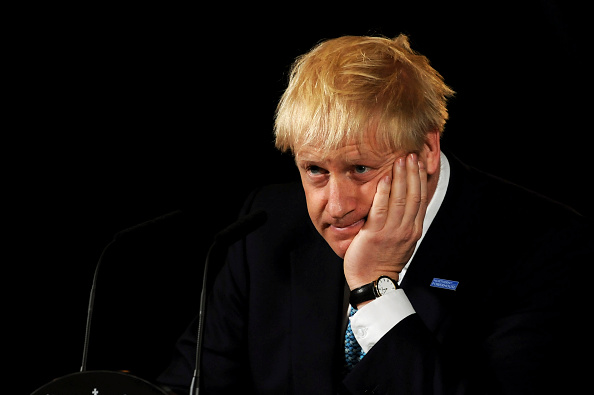Uncertainty to weigh on economy even after Brexit deal, warns Moody’s

Uncertainty will continue to hold back the UK economy even if Britain passes Prime Minister Boris Johnson’s Brexit deal, credit rating agency Moody’s has warned.
Read more: Brexit latest: Brussels edges towards 31 January extension
Yesterday’s vote by MPs to in principle approve the deal means “the likelihood of the UK leaving the EU with an exit arrangement in place is higher than it has been for some time,” Moody’s managing director Colin Ellis said in a note to clients.
Yet he said that “significant uncertainties remain around the timing and eventual outcome of Brexit” after MPs voted down the so-called programme motion that would have let the deal become law in a matter of days.
Eyes in Westminster are now on Brussels, where EU officials are deciding whether to offer a Brexit extension until 31 January. Johnson requested such as extension in a letter to the EU last week after he was ordered to do so by parliament.
If Johnson’s deal eventually passes, the UK’s relationship with the EU will stay the same until the end of 2020. The two sides will have until then to thrash out a free-trade agreement.
Moody’s said: “During the transition, the UK and the EU would need to negotiate the terms of their future relationship; and that negotiation is unlikely to be any smoother than the Brexit process has been so far.”
“Therefore, the uncertainty around the eventual outcome of Brexit will likely weigh on spending, investment and hiring decisions in the UK for some time, a clear credit negative.”
Yesterday, the EU’s Brexit negotiator Michel Barnier dampened expectations that a trade agreement could be struck in just over a year. He told the European parliament a deal could take “three years or more”.
Moody’s also issued a warning about a no-deal Brexit. “If any of the 27 member states [of the EU] vetoes an extension, a no-deal Brexit would again become the default outcome,” the note said.
Read more: UK happier in run-up to original Brexit date – except Northern Ireland
“That scenario would pose significant negative credit effects for the UK sovereign and other debt issuers; yet it seems relatively unlikely given the EU’s desire to avoid ‘choosing’ a no-deal Brexit.”
(Image credit: Getty)